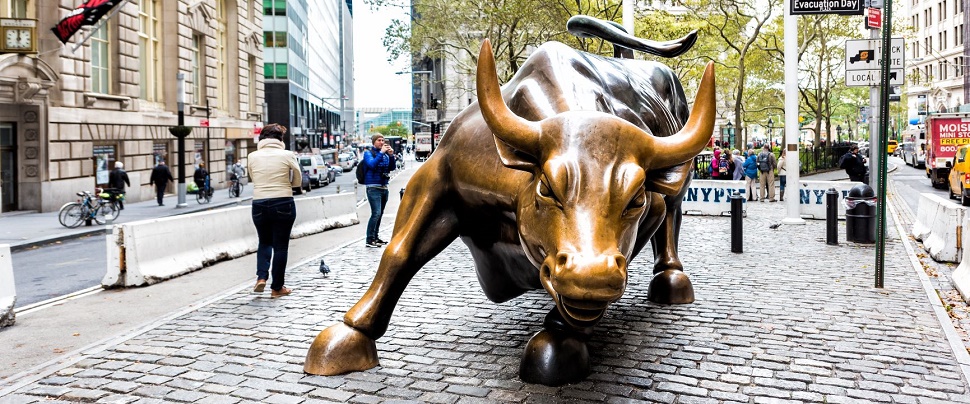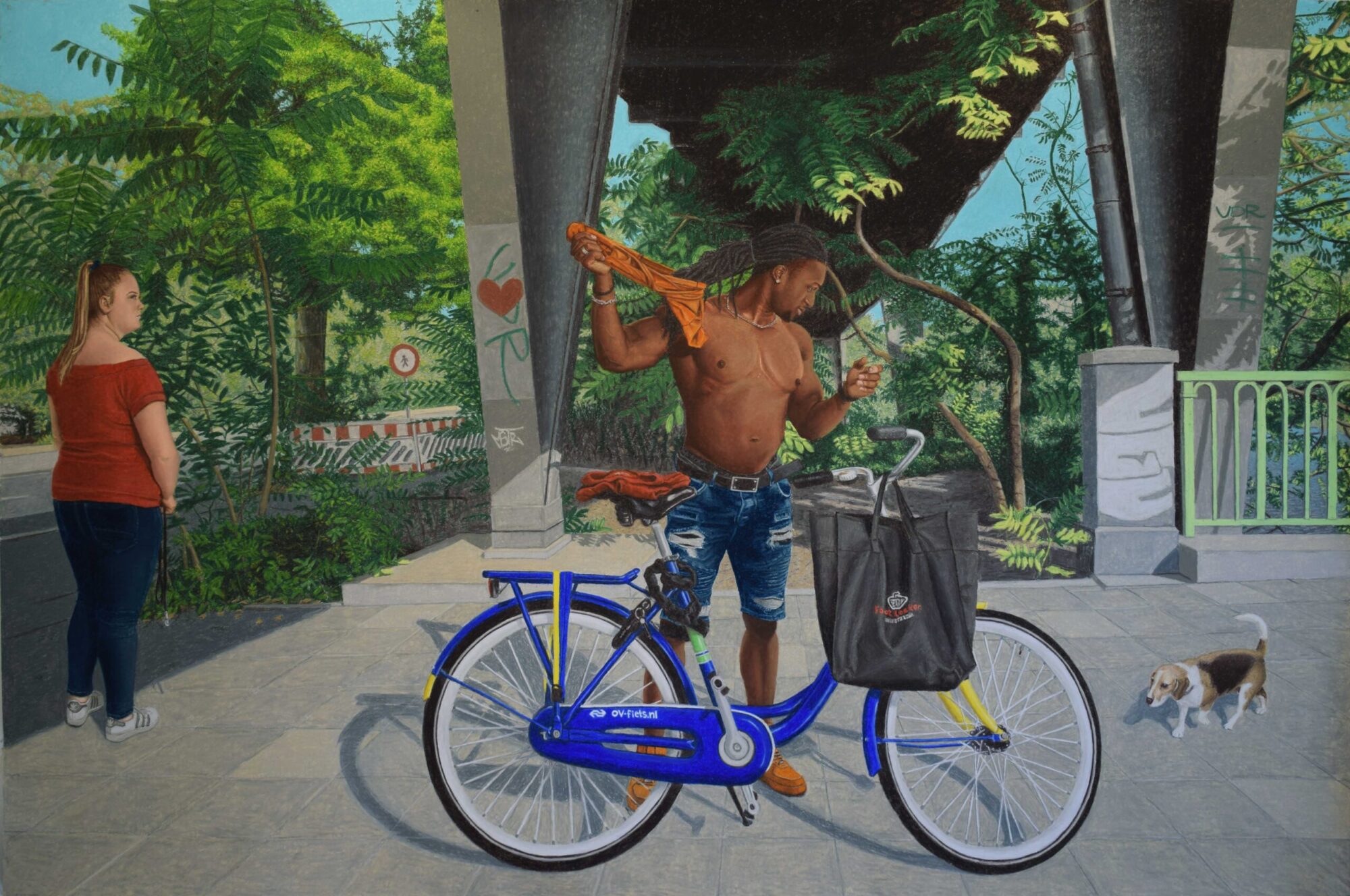By Kei Jinguji
How does the traditional Dutch mentality as merchants reflect in their international reputation in the present?

Introduction
For hundreds of years, the Dutch have had many identities, but one of the most commonly accepted stereotypes internationally and internally as a national self-image are the characteristics of a merchant. A merchant can be defined as an individual who deals in the trading of goods and commodities typically produced by others. They can consume a role of being an intermediary in the exchange of goods, as well as being a secondary or tertiary producer of a good, meaning they take raw materials from a supplier and construct a further advanced product. The title itself is relatively vague, where merchants can be found on a wide range of levels. It could be the person selling marijuana at Dutch coffee shops, or it can be the supermarket Albert Heijn, and even a globally recognized company such as Heineken or the gasoline company such as Shell, ranked the biggest European company (Ponciano). The seventeenth century is known as the most dominant period of time for the Dutch in terms of art, science, economy and military. This period is also controversially referred to as the “Golden Age”, due to the colonial nature and the heavy involvement with slavery (Boffey). It is well argued that this prosperous period was the initiator for this mercantile identity, and it has been further developed for centuries in continuation. This can go from the Netherlands developing some of the first few and well functioning stock markets in the world, to today where they are within the twenty best economy worldwide according to Investopedia (Silver). This research will focus on how the Netherlands of today and their diverse community, are still parallel to the ways of the old, mainly the two attributes of a frugality as well as their pragmatic way of thinking. These two attributes are most definitely intertwined with one another, yet separate and show different aspects of Dutch mentality. It is important to note that the traits of frugality and pragmatism are strictly used as an international stereotype as well as a Dutch self-image, and not a true reflection on all Dutch people in reality. The interpretations behind these behaviours and attitudes will be thoroughly discussed throughout this paper.
